I first heard about requirements management back in 1995 while marketing a graphic HDL entry tool for an EDA vendor, and it sounded like a very useful automation approach, however our team quickly discovered that there were too many different vendors for requirements management, so there could be no simple way to integrate with… Read More
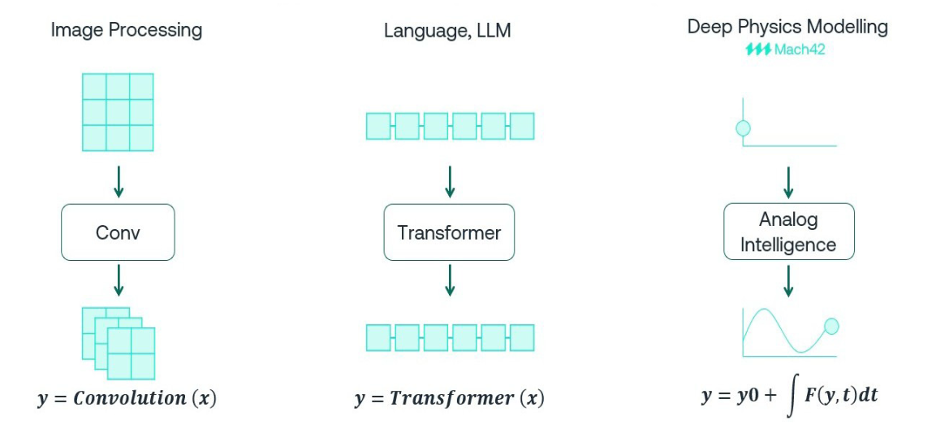 Beyond Transformers. Physics-Centric Machine Learning for AnalogPhysical AI is an emerging hot trend, popularly…Read More
Beyond Transformers. Physics-Centric Machine Learning for AnalogPhysical AI is an emerging hot trend, popularly…Read More 2026 Outlook with Abhijeet Chakraborty VP, R&D Engineering at SynopsysTell us a little bit about yourself and…Read More
2026 Outlook with Abhijeet Chakraborty VP, R&D Engineering at SynopsysTell us a little bit about yourself and…Read More The Launch of RISC-V Now! A New Chapter in Open ComputingOn February 3, 2026, Andes Technology officially announced…Read More
The Launch of RISC-V Now! A New Chapter in Open ComputingOn February 3, 2026, Andes Technology officially announced…Read More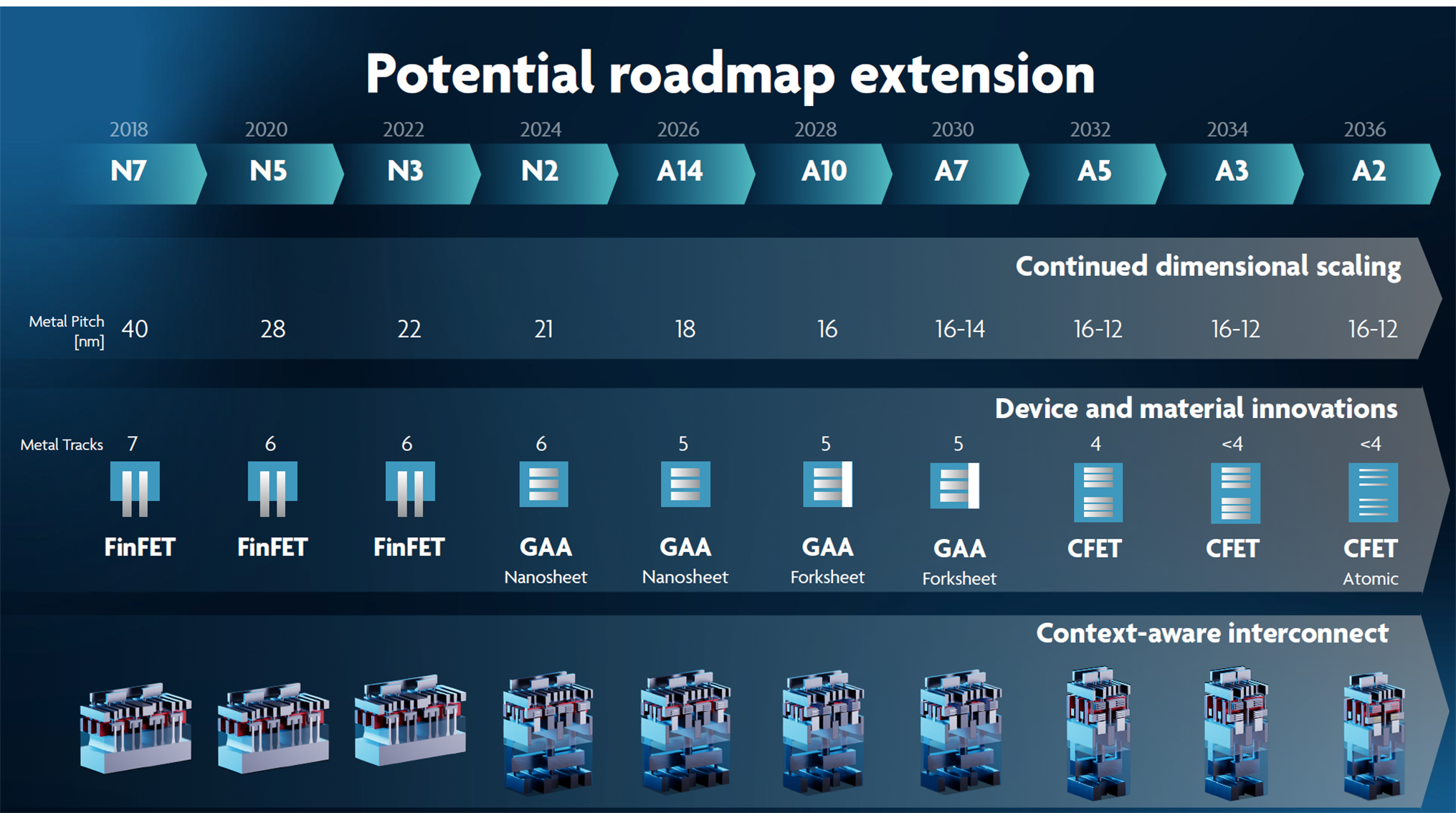 NanoIC Extends Its PDK Portfolio with First A14 Logic and eDRAM Memory PDKNanoIC has announced a major expansion of its…Read More
NanoIC Extends Its PDK Portfolio with First A14 Logic and eDRAM Memory PDKNanoIC has announced a major expansion of its…Read More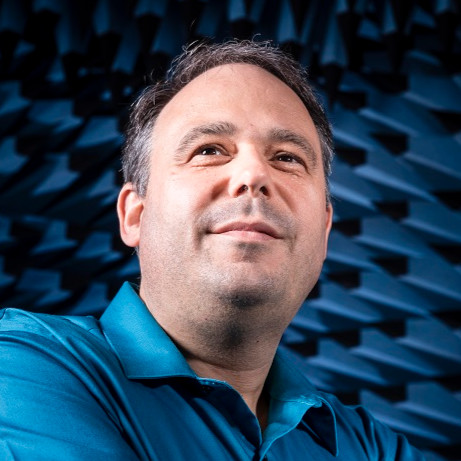 How Switzerland Built a Global Semiconductor Edge by Thinking SmallerBy Alain-Serge Porret, Vice President, Integrated & Wireless…Read More
How Switzerland Built a Global Semiconductor Edge by Thinking SmallerBy Alain-Serge Porret, Vice President, Integrated & Wireless…Read MoreA Powerful Case for the ARC SEM Processor
Building devices for the IoT has become especially challenging thanks to two conflicting requirements. The device has to be small and ultra-low power in most applications but also in many of those applications it has to provide a high-level of security, especially to defend high-value targets like smart metering, payment terminals,… Read More
SoC FPGAs for IoT Edge Computing
One of the reasons for the explosive growth of IoT is that embedded devices with networking capabilities and sensor interfaces are cheap enough to deploy them at a plethora of locations.
However, network bandwidth is limited. Not only that, but also, the latency of the network can be of seconds or minutes. By the time the sensor data… Read More
How Rapidly the Robots Will Rise
“For car buyers, an end to the days of dickering?” reads the headline across the center of the front page of the Washington Post this morning. No, it’s not an article about new tools to make car buying easier. It’s a story about electric vehicle maker, Tesla Motor’s impact on car retailing.
The article… Read More
IOT and Your Utilities Services – Big Savings Coming
The Internet of Things has progressed rapidly in the last decade, providing numerous benefits for consumers, industries, and even government organizations. As a consumer, it can be difficult to break through the noise to see the most important benefits of IoT, especially when the spotlight is often focused on entertainment … Read More
TSMC and Solido to Share Experiences with Managing Variation in Webinar
TSMC knows better than anyone the effect that variation can have at advanced process nodes. Particularly in memory designs and in standard cell designs, variation has become a very critical because of its effects on yield and because of the high-cost of compensating for it. Smaller feature sizes combined with lower voltage thresholds… Read More
Somebody actually REDUCED their IoT forecast?
Some analysts are starting to get the idea that their credibility is worth something. Research firm IC Insights has actually dialed back its latest IoT semiconductor projection through 2019, although still calling for what would be quite robust overall growth.… Read More
Power-Aware Debug to Find Low-Power Simulation Bugs
When I worked at Intel designing custom chips my management would often ask me, “Will first silicon work?” My typical response was, “Yes, but only for the functions that we could afford to simulate before tape-out.” This snarky response would always cause a look of alarm, quickly followed by a second … Read More
Checkout the Upcoming Synopsys Power Webinar
This is part 3 of a series of 4 on low power design, scheduled for September 21st at 10am. Kiran Vittal and Ken Mason will be discussing using the SpyGlass Power solutions (analysis and verification) to optimize power at RTL. Atrenta always had a leading position in this area; I expect a year following their acquisition by Synopsys,… Read More
GlobalFoundries Enhances FDSOI Roadmap with 12FDX
Last year, GlobalFoundries filled the competitive gap by offering FD-SOI technology on 22nm, offering better performance than 28nm, you may have read about the news in Semiwiki. Timing is important, as Samsung has announced FD-SOI support one year before (2014) GlobalFoundries, but for 28nm. The announcement made by GlobalFoundries… Read More


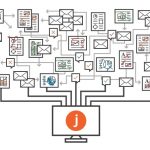
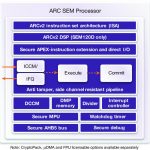



Semidynamics Unveils 3nm AI Inference Silicon and Full-Stack Systems